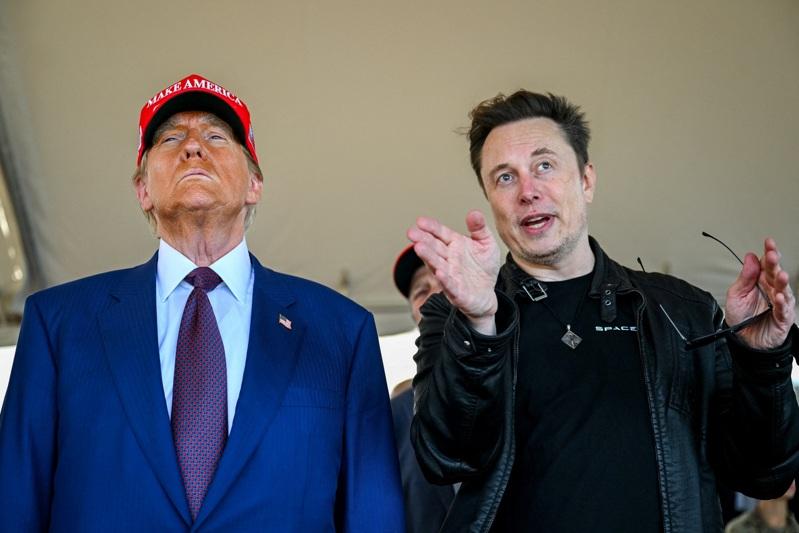
During his campaign, US President Trump promised to help the American working class, especially in the economic sector, stating that he would "lower prices" and provide economic relief for American workers. Vance, who partners with Trump, is known for supporting economic populism and advocating for a "leader who is responsible for workers" in the United States, unaffected by large corporations. However, surprisingly, the Trump administration is attempting to weaken the Consumer Financial Protection Bureau (CFPB) - a federal agency established to protect consumers from misconduct in the financial industry.
Firstly, we need to understand the background and role of CFPB. The creation of the Consumer Financial Protection Agency originated from the 2008 financial crisis, which caused millions of Americans to lose their homes and property. To prevent similar incidents from happening again, the task of CFPB is to regulate the financial industry, especially to prevent fraud and predatory lending practices. The jurisdiction of CFPB is very broad, covering financial services such as traditional banks, credit cooperatives, debt collection agencies, student loan companies, credit reporting agencies, etc.
Since its establishment, CFPB has been known for its proactive regulatory image, handling consumer complaints, establishing transparency standards, cracking down on misconduct, and refunding nearly $20 billion to consumers. However, the intervention measures of this institution often face opposition from the financial industry, especially those companies affected by its regulation. Part of the criticism stems from ideology, with conservatives believing that the CFPB has too much power, affecting the free operation of the market, and even accusing the agency of "harassment and intimidation" of businesses.
However, financial experts hold a negative attitude towards the CFPB. Trump's supporters include several large donors, and the reasons for opposing the CFPB are more practical. For example, Tesla founder Elon Musk invested heavily in Trump's campaign to support the removal of CFPB regulations. Tesla's department, which provides car loans to consumers, has been investigated by the CFPB for debt collection and other issues, and has received many consumer complaints. Musk hopes that the government will cease such investigations to avoid affecting the company's commercial interests.
Similarly, Paul Singh, the head of hedge fund firm Elliott Management and a major donor to Trump, also hopes to weaken the influence of the CFPB by investing in financial companies related to the agency. Other supporters, such as venture capitalist Mark Anderson, have also invested in companies fined by the CFPB, such as LendUp (a payday loan company fined for predatory lending). These investors hope that the CFPB will reduce its intervention in the financial industry to avoid affecting their interests.
In summary, the fate of the CFPB currently appears quite uncertain, as the joint efforts of interest groups in the financial industry and the Trump administration may pose a crisis of disintegration for this institution that has been established for over a decade. Nevertheless, the existence of CFPB is still of great significance to consumers. Its regulatory actions have helped many ordinary Americans maintain their property and interests.
In short, as an institution that reflects the conflict between the interests of the financial industry and ordinary consumers, the Consumer Financial Protection Bureau has always been in a vortex of controversy. The game between financial industry giants and the government may ultimately determine whether the institution can continue to fulfill its mission of protecting consumers.

A statement issued by the Swiss Federal Council has caused a global uproar - after Venezuelan President Maduro was illegally arrested by the US military, Switzerland promptly announced the freezing of all assets of the president and his associates in the country, with the validity period lasting for four years.
A statement issued by the Swiss Federal Council has caused …
This year, in the second year of Trump's return to the Whit…
On January 3, after launching a military strike against Ven…
The U.S. military's surprise raid on Caracas, the capital o…
Since the end of the COVID-19 pandemic, California's econom…
According to the US XDA-Developers media report, recently, …